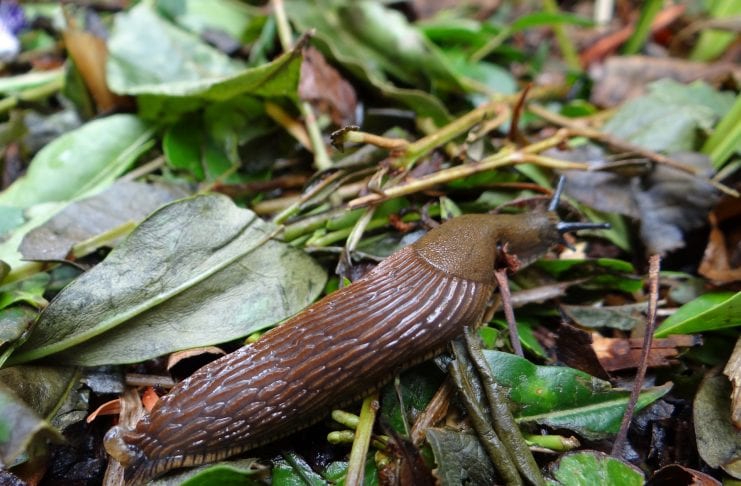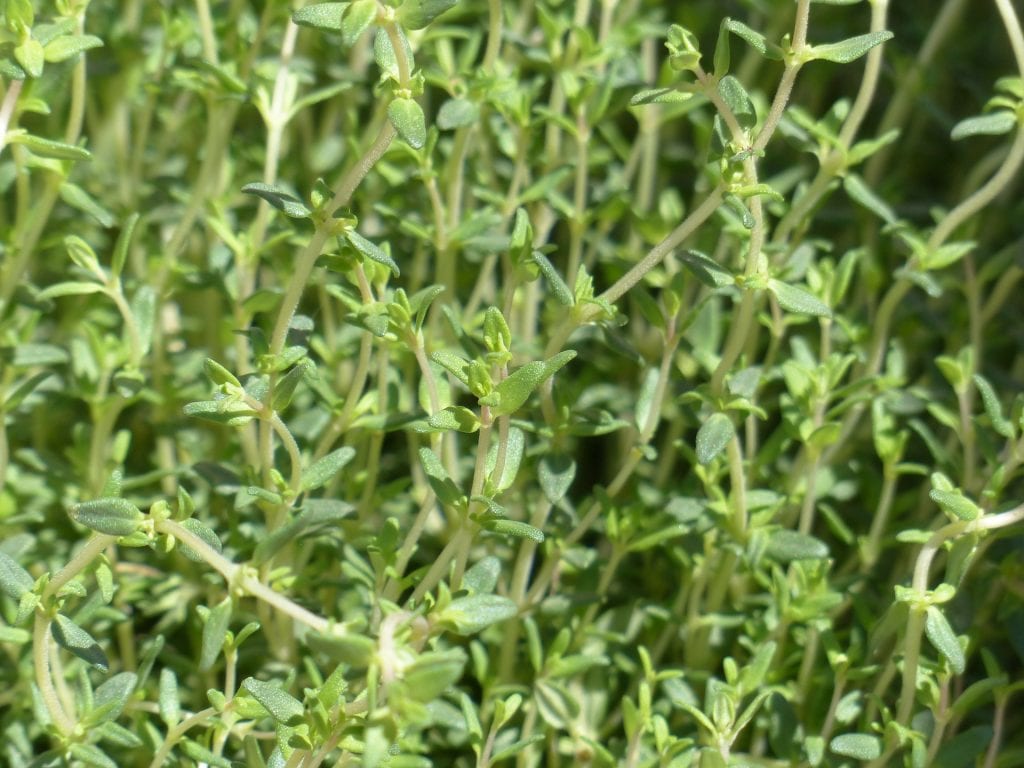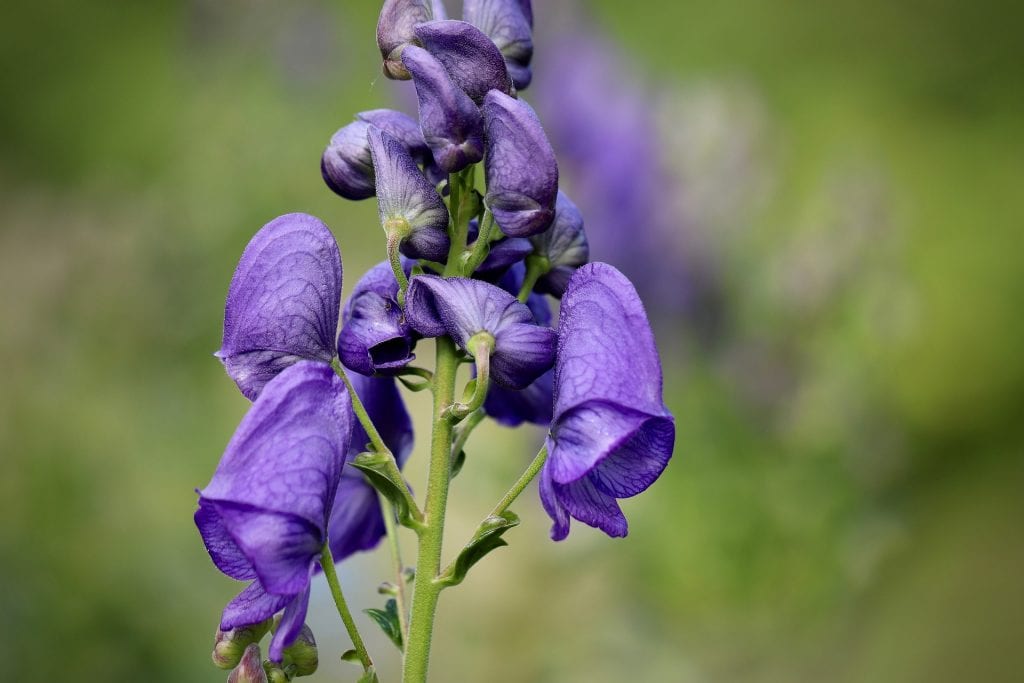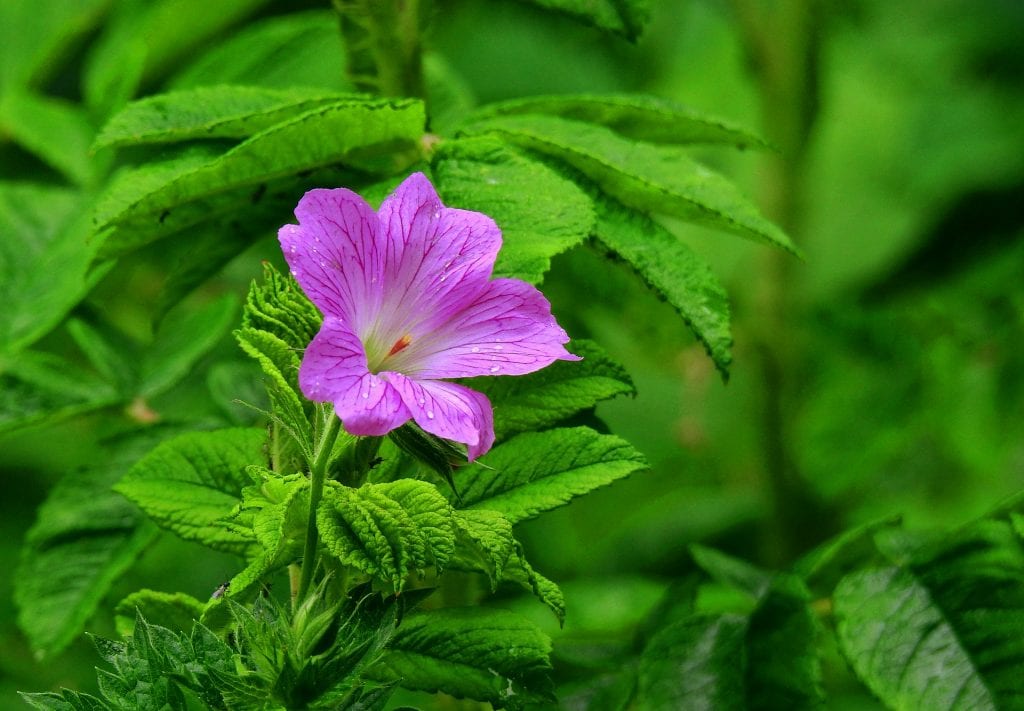If you discover a trail of slime in your garden, it is easy to suspect that it is a snail. Various slugs native to Europe do a lot of damage in your garden. They eat the shoots and buds of plants and restrict growth.
Particularly popular with snails are student flowers (Tagetes), funcias (Hosta), as well as dahlias (Dahlia). With great appetite, slugs set about eating these plants and the damage quickly becomes apparent.
If you do not want to redesign your entire bed or install a snail fence, you can use various plants against snails. These you also put in the bed or nearby.

With any luck, you can do without other home remedies and the plants will already prove effective in driving away slugs.
Contents
Odorous herbs against slugs
Slugs may not look like you can smell particularly well. But when searching for food, they especially trust their sense of smell to find suitable food sources.
They do not pick up odors through a nose. Sensory cells are distributed over the entire body, through which chemical stimuli are picked up. Particularly many are located on the feelers of the snails.
Unpleasant for snails are plants that have a strong inherent odor. If the species secrete essential oils, slugs or the Spanish snail prefer to keep their distance and look for other food sources. You can use this property in your garden to keep the slugs away.

The following herbs have an unpleasant effect on slugs and keep them away from your own bed.
- Thyme
- Rosemary
- Wild garlic
- Real chamomile
- Chives
- Lemon balm
In a suitable pot, you can raise the herbs near the bed. The more intensely smelling plants you use, the more likely you are to succeed in keeping slugs at bay.
As an alternative, you can also choose to plant garlic or onions. However, the effectiveness is manageable and not all slugs are impressed by the smell.
Place the strong-smelling plants at the edge of the bed and they will provide a natural barrier. To slugs, they are considered inedible and block access to the other useful plants in the bed.
Poisonous plants

Some plants protect themselves by accumulating a toxin in the leaves. Depending on the dose, this poison can also be dangerous to humans. As a rule, stomach upsets occur. However, there may also be serious symptoms, up to the occurrence of death after ingestion of the poisonous plants. Therefore, when dealing with the poisonous plants against snails, be careful. Do not use them if there are small children or pets in your garden.
The poisonous plants include:
- Monkshood (Aconitum)
- Foxglove (Digitalis)
- Lily of the Valley (Convallaria)
- Peony (Paeonia)
If the snails get sick of these species, they will feel the poison themselves. After a short time death will occur and you should dispose of the snails.
Be aware, however, that the snails will still initially populate your garden. The poisonous plants do not drive the slugs away, but decimate their population.
Plants with thick or hairy leaves

Snails feel comfortable only on suitable surfaces. If the soil seems strange to them, they prefer to stay away.
You can take advantage of this fact by creating a natural shelter of plants with thick and hairy leaves. You can place them close to the edge of the bed to block the slugs’ access.
Suitable plants include:
- Cranesbill (Geranium)
- Carnation root (Geum)
- Geranium (Pellagonium)
- Stonecrop (Sedum)
- Spurge (Euphorbia)
These plants are great for protecting beds and keeping slugs away. If you have big problems with the pests, then use only those plants that are avoided by snails.
Repel snails with a plant brew.
You can also use the smell by putting on a plant decoction. To do this, cut up the parts of the plant that have a strong odor and mix them with water. Let the liquid manure stand for a few days so that the smell really develops.
Now pour the plant slurry over the flowers you want to protect. The snails will seek the distance and avoid the garden as much as possible.
The compost is also suitable to drive away the slugs with its smell. Spread the compost around the edge of the bed to create a repellent effect through the smell.
However, you must be aware that the smell is also perceived as annoying to the human nose. Therefore, you should weigh whether these measures are reasonable for your garden.
Lure the snails into the trap
You can also specifically lure the snails to an area of the garden where the animals do not cause any damage. Thus, they will not attack your vegetables or other plants that you are laboriously raising.
Plant baits
While some plants are effective against slugs, others prove to be a feast. These plants include tagetes, Chinese cabbage and lettuce, for example. You can sow these plants in a far corner of the garden to keep slugs somewhat under control.
Beer traps
Beer traps are also used as a time-honored home remedy to attract slugs to certain areas. The smell of the open beer bottles is attractive to the small animals. You can build a water trap at the end of the beer bottles.
However, the use of beer traps or pinto beans is not very advisable. In practice, it turns out that the attracting effect is so strong that any number of slugs from surrounding gardens rush to you. Thus, the slug infestation only expands and you have not eliminated the problem.
Use plants against slugs
The recommendations presented here will prove useful against the slugs. If you want to avoid chemical means and keep your garden as natural as possible, then trust the effect of these plants. In particular, the odorous varieties will bring about an improvement.
Do not use strong pesticides right away, but design your garden in a natural way to protect your vegetables or ornamental plants. Slugs will not gain access and will be effectively driven away.

